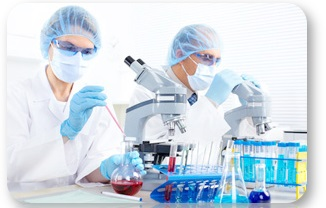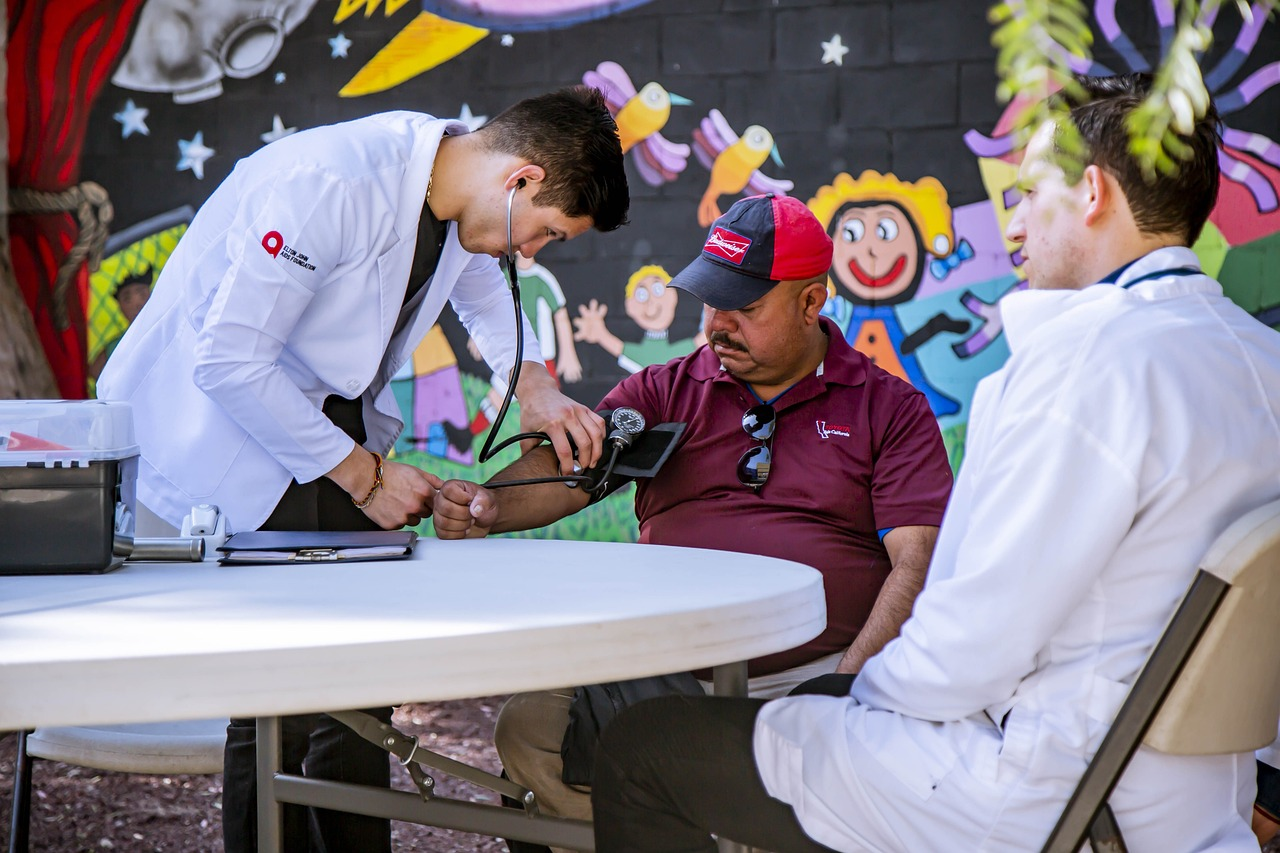Unit 2: Lesson 3: Characteristics of Health Science Professionals
Lesson 3: Characteristics of Health Science Professionals

Lesson 3: Characteristics of Health Science Professionals
The health sciences draw many different types of people who wish to help others and promote healthy lifestyles. With the various health science careers available, it is unsurprising that many people with a wide range of skills and characteristics work in these careers. However, some personal characteristics are common throughout the health services industry due to the type of work and interactions with patients.
Health science professionals often work in settings where they may contact patients with infectious diseases or be vulnerable to infections and disease transmission. As such, good personal hygiene is essential for health science professionals to prevent themselves from getting sick and help keep others from becoming more ill. For example, healthcare professionals may wash their hands regularly to stop the spread of germs. Likewise, clothing must be kept clean and sanitary to present a professional appearance and prevent contamination and the spread of bacteria, viruses, etc.
Other hygiene and personal appearance aspects may also apply depending on the specific position. Jewelry may be restricted for some health science professionals as it could scratch or hurt patients or harbor bacteria. Some sites may restrict personnel from wearing perfumes or scented lotions as these can cause allergic reactions in some patients. Health science professionals must also keep their hair and fingernails neat and clean.

Many healthcare sites require that employees wear uniforms or specific clothing. At sites like hospitals, uniforms can help identify healthcare professionals to the public. Some employers may use different types of uniforms (or different-colored uniforms) to identify other positions. When beginning a position at a healthcare site, it is important to note any requirements about uniforms and dress accordingly.
In addition to hygiene and uniforms, many health science professionals share personal characteristics. These characteristics may draw individuals to healthcare and make them more successful careers. Some of these characteristics and traits are:
Empathy. This means that the health science professional can understand and identify with others. This characteristic can help professionals make patients more comfortable and anticipate their needs.
• Reliability and dependability. Health science professionals may have positions that stand between life and death. As such, they must be dependable about showing up for their shifts and arriving on time. Healthcare professionals rely on each other as a team to help care for others. Individuals who are not reliable negatively impact the healthcare team to which they belong.
• Honesty. Working with sick patients requires honesty in your communication with them. Although the information you have to tell them may not always be positive, patients need to know about their condition. Health science professionals must be honest in these communications so that patients and their families can make the best choices possible.
• Patience. Many health science positions require that professionals have patience with patients and testing that may take a long time to arrange and complete. Health science professionals who perform laboratory research need patience in studying a particular health aspect and waiting to analyze data. Although professionals may be asked to work quickly in emergencies, other situations may require a thoughtful patient approach.
• Responsibility. Health science professionals may have essential tasks that can directly impact patients' health, and these professionals must be responsible for their tasks. This can range from ensuring that a specific patient is given the correct dosage of the proper medication to checking vital signs for abnormalities.
• Competence. When visiting a doctor or other healthcare professional, we want to see someone competent. Competence involves having the necessary skills and knowledge for the job and the confidence to carry it out. For example, you would want a surgeon operating on you to be a competent surgeon who knows how to perform surgery without causing you harm. This characteristic is essential for most health science positions since a lack of competence could cause serious medical problems.
• Confidentiality. Many health science professionals encounter patients' private information. They must respect the privacy of individual patients and follow rules and regulations regarding releasing patient information.
• Organized and detail-oriented. Health science professionals often deal with precise measurements and data. Staying organized and paying attention to these details can mean the difference between life and death. For example, a hospital staff member who administers the wrong medication or the wrong amount of drugs could harm someone. A pharmacist who dispenses the wrong medication or makes a mistake in drug interactions could hurt someone. A health science professional working in the laboratory may miss out on an important discovery if their calculations or data are just slightly off.
These are a few of the characteristics shared by many health science professionals. Different positions may require other skills and attributes depending on the tasks involved. For example, a scientist studying bacteria in a laboratory may need a slightly different set of skills and personal characteristics than a medical illustrator creating skeletal system images.
